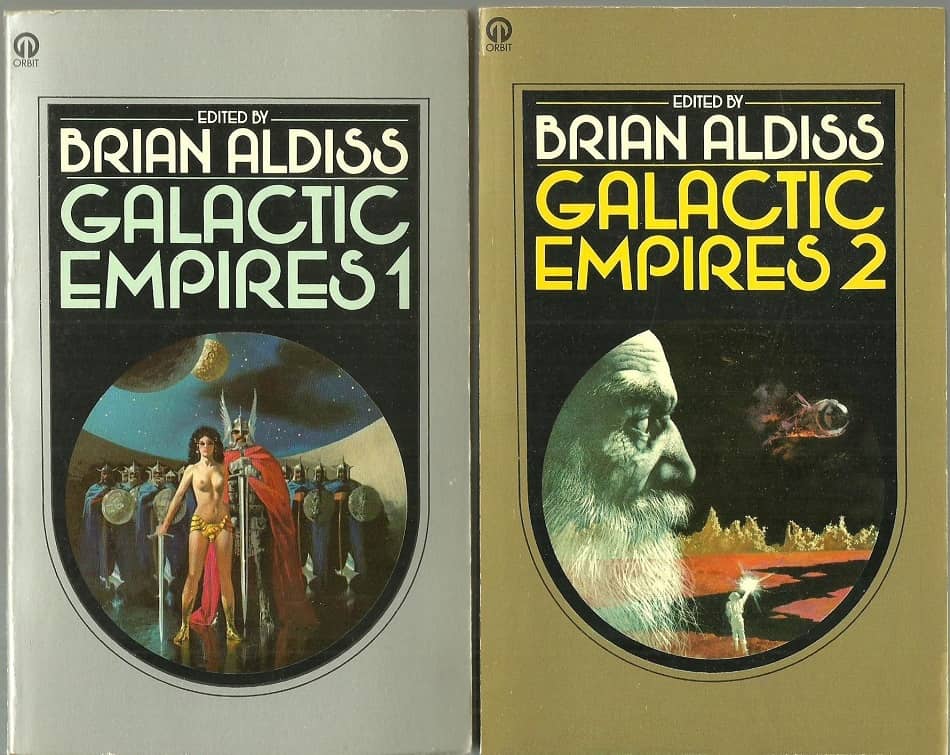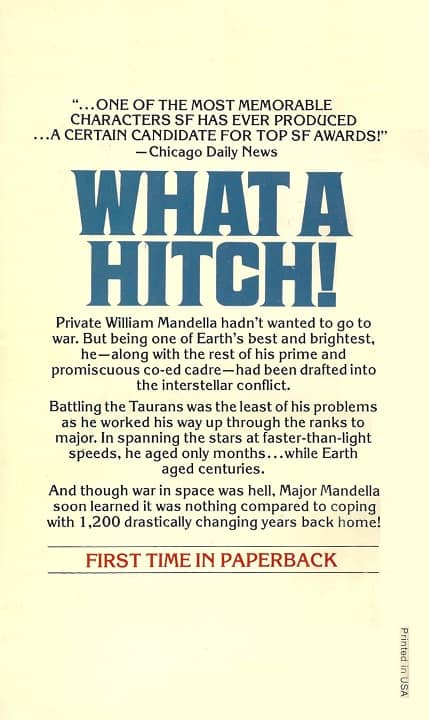Tor Doubles #13: Kim Stanley Robinson’s The Blind Geometer and Ursula K. Le Guin’s The New Atlantis

Cover for The Blind Geometer by Peter Gudynas
The New Atlantis was originally published in The New Atlantis and Other Novellas of Science Fiction, edited by Robert Silverberg and published by Hawthorn Books in May, 1975. It was nominated for the Hugo Award and the Nebula Award and won the Locus poll.
The story opens with Le Guin’s narrator, Belle, returning home from a Wilderness Week aboard a bus where another passenger attempts to engage her in conversation, noting that a new continent is rising in the ocean, either the Atlantic or Pacific, but scientists have little information about it to go on. This exchange allows Le Guin to provide the reader with information about the climate change that is affecting her world. Manhattan underwater and parts of San Francisco are flooded.









